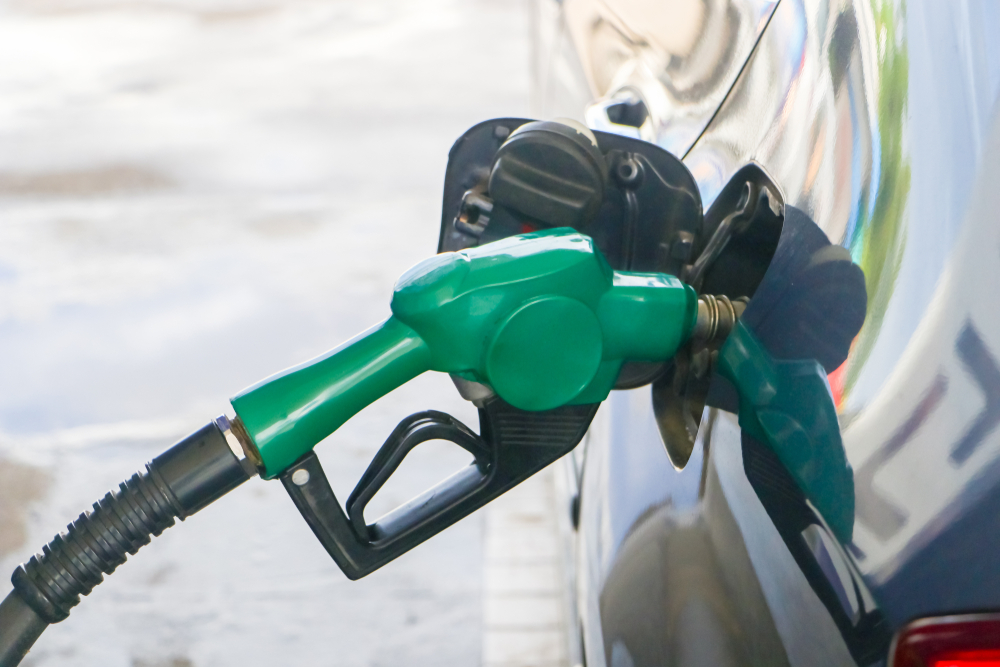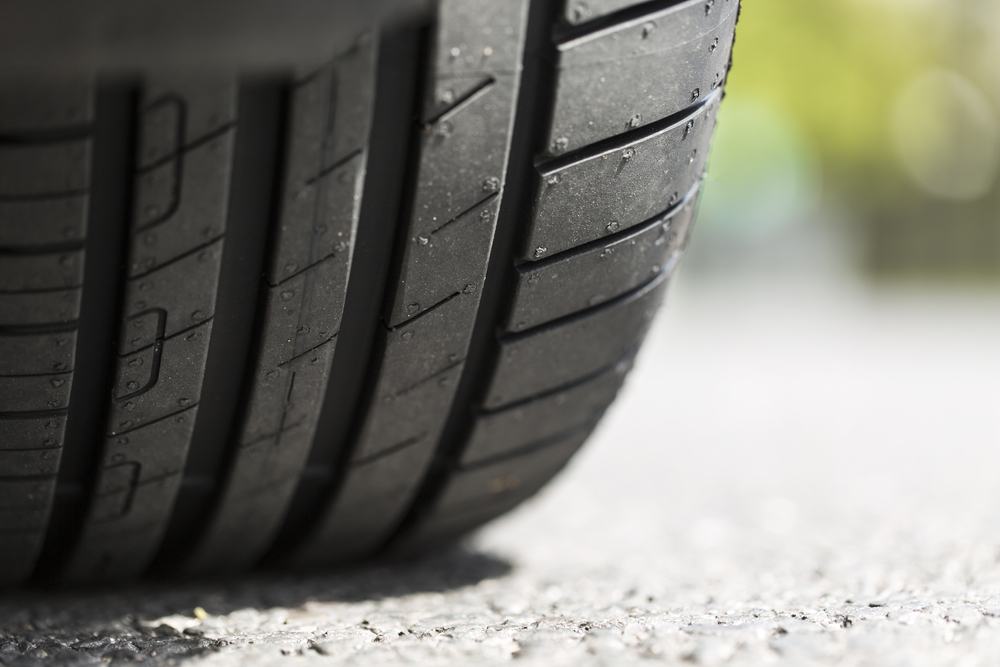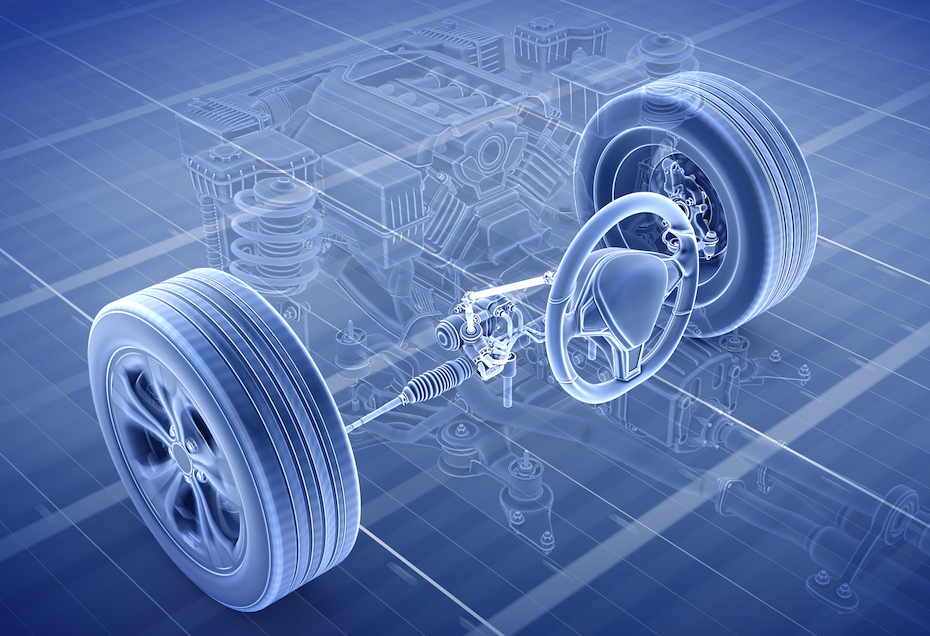Simple tips for keeping your car on the road for longer
Most cars on the road today will have an average life span of between 8 and 15 years before scrapping. To ensure that you give your car the best chance of a longer life, there are simple checks and things that you can do to keep your car longer.
Keeping your battery charged
If you only use your car a few times a week for short journeys, you could face a flat battery as you may be taking more energy from the battery than you are replacing. This is especially important in the winter when we jump in the car using the lights, heaters, and wipers, all taking charge from a battery that short journeys will only partially replace. It is wise always to give the car a good run every now and then to keep the charge.
Regular filter changes
Filters are usually changed on a service, the oil filter on each minor service and the air and fuel filters on major services. Your service schedule should show you what filters are due for a change. Filters can become clogged up over time, and by changing them regularly will help your engine run better. Technicians change oil and fuel filters, but you can change an air filter at home. Always try to use genuine filters instead of cheaper, poorer-quality ones where possible. Importantly. If you drive a diesel car, then it is possible that your particulate filter (DPF) could get clogged over time. A good run on a motorway, using spirited acceleration, is often enough for the DPF system to clear itself. Diesel cars really don’t like just plodding around town at a low RPM.
Smooth driving style
It is always better to have a smooth and calm driving technique. This is called “Mechanical Sympathy”; you should remember this for every trip. “Mechanical Sympathy” means that you know your car well, understand your car controls, and know how to use them. Every component of your car is used when driving, the steering wheel, the gearbox, and the pedals and using them in a smooth manner and using good forward planning and observations will allow you to brake less harshly and, in turn, give your braking system, pads and discs a much longer life. Smoothly using your pedals and gearbox will decrease maintenance bills and likely save money on fuel. It is wise to push a diesel-powered car in a lower gear up close to the redline, once fully warm, every few hundred miles to move any carbon deposits building up.
Make sure you drive very conservatively when your car is cold – keep RPM low and change gear a little sooner. A lot of engine wear occurs when the engine and oil is cold.
Super fuels:
If you drive a diesel car, using super fuels like Shell V Power Diesel can help keep the engine clean on the inside. You don’t need to always fill up on the expensive stuff– but a full tank every 2,000 miles or so can help. Cheap supermarket fuels are fine, but they don’t have the cleaning additivities, and so as the miles pass, the chances of blocked injectors or DPF issues etc, increase with supermarket-fed cars. Supermarket diesel is cheap for a reason.

Always use your Air Con
If Aircon systems are not used regularly, then you will find that the refrigerant gas can leak over time. It is a sound idea to use the Aircon all the time, it is excellent for clearing condensation or iced screens, and some people still think that using the Aircon system adds to the fuel use, but in modern cars, this is not the case. It can be costly to have the system regassed just when you need it most, probably at the height of summer.
Make sure your fluids are topped up
The fluids used in a car are vital, and failing to keep them topped can be bad news. You should check your oil every week using the dipstick or in-car computer. Some high-performance engines use oil – this usually is not a problem. But excessive oil consumption can be bad news.
Make sure the oil is replaced as per the service schedule. A lot of modern-day vehicles can go 15,000 miles + or 2 years between changes. Despite various debates on driving forums, you don’t need to change the oil any sooner. Gone are the days when you had to do an oil service every 6,000 miles. Engines and oil technology have moved on a lot since then. The only reason to change earlier is if you have car OCD or do high-speed track driving or other arduous driving.
Tyre checks
The legal limit for tyres is 1.6mm. Tyres below this are illegal and can land you with a fine of £2,500 per tyre. When a car has an MOT, the tread is checked at the sides, middle and inner across the entire tyre surface. It will be an MOT failure if it is less than 1.6 mm over any part of the tyre. It is also worth knowing that if you have hit a kerb and the side cords are showing, the tyre will also be deemed a failure. You can easily check your own tyres, and you should be doing this on a regular schedule. It is also wise to make sure that your tyres are to the correct inflation.

Parking your car at home
Although most houses often have garages, they are not used to house a car. With more modern car paints and sealants, there is less corrosion, so people think parking on a drive in all weathers is fine. Your car is best to be garaged wherever possible as it is dry and clean and will reduce accidental damage, theft, or vandalism. Some insurers do give discounts for garaged cars.
Modified cars
Unfortunately, as attractive as it may be, adding modifications to your car can actually decrease its value.
Having the engine tuned or modified may put extra strain on other parts, such as brakes and tyres, as you will be able to drive faster. Uprated, firmer suspension can add more wear and tear on the subframe and body, bushes and chassis. You may also find that modified cars are more costly to insure, as they are far more desirable to car thieves and more likely to be crashed!
Take care on poor road surfaces
Potholes and uneven roads can cause immense damage to your car, so you must pay attention to the road surface. Reduce your speed and try to avoid driving over them (if you can!). If you hit a pothole at speed, you can not only damage your tyres, but you can also damage the alloy and suspension. Driving regularly on uneven roads and tracks can also significantly affect your suspension, with springs breaking due to added pressure on uneven surfaces along with bushes taking a bashing.
Clean your car regularly
Cleaning the car regularly is not just for vanity, but it can significantly extend the life of your vehicle. Regular cleaning will stop the build-up of road dirt and salt that can cause corrosion. During the winter, grit can be corrosive, and even bird droppings can remove the lacquer’s top layer, making the paintwork look dull and scratched. Regular cleaning and waxing will help not only make your car look great but also help you get to know your car in closer detail – you are far more likely to notice any issues before they get too bad when you closely inspect a car. Cleaning the inside of the car is just as important. If you have leather seats make sure you clean them with a leather cleaner and conditioner – as they can look tired and dry over the years.
Poor driving habits
Many people drive with their foot resting on the clutch in a manual car, and over time, this can push the clutch release bearing into contact with the clutch cover and cause friction that will lead to premature clutch burnout. Much the same happens when resting your hand on the gearstick. Without thinking, you will often move or wriggle the gearstick when you don’t need to change gear, and this can cause added pressure on the gear selector and speed up your gearbox’s wear and tear. If you drive an auto avoid erratic acceleration from a standstill and make sure you have come to a standstill before engaging reverse or drive. Allow the internals to do their thing.
Many gearboxes are “sealed for life” – what they mean is it will last probably 100,000 miles or so. Fine for the average driver, but if you’re keeping your car for the long term, it’s sensible to change the gearbox oil every 50,000 miles. The same goes for the differential oil.

Keep an eye on your fuel level
There are a few reasons that keeping a good amount of fuel in the tank is worthwhile. Firstly if a tank is very low, it has more room for evaporation, and although very small in amount, it can add to your fuel costs over time. Secondly and most importantly, when your fuel levels are low, you will end up using the fuel that lies on the bottom of the tank, and this is where any sediments lie. Once these are sucked into the engine, they can block the fuel filter and cause expensive injector problems. Using good quality petrol or diesel with the added cleaner will help to help the life of your fuel system and injectors.
On the other hand, when diesel cars get low on fuel, the powerful injectors can draw in air, which can potentially cause the engine not to work too well. One of the most disastrous mistakes you can make with fuel is using the wrong one. This can often happen when moving from a petrol car into a diesel car or vice versa. If this ever happens to you, hopefully, you will realise as soon as you have done it, in which case, do not start your engine and call breakdown immediately. If you have moved off and your car feels strange or loses power, pull over as safely as possible and await breakdown, do not attempt to keep moving, as this will ruin your fuel system and the entire engine.
Don’t ignore warning lights
It is always unsettling when a warning light appears on the dashboard, but it is vital to get the car looked at as soon as possible, especially if the issue is not one you can fix yourself. Warning lights don’t tend to go away on their own and often will require expert assistance. Your car will not pass its yearly MOT with most warning lights on, and if you’re involved in an accident, knowing there was a warning light on the system could void any insurance claim.
Listen to your car
Every now and then, driving without the radio playing is a good idea to get used to how your car sounds. Doing this will let you know when something may go wrong.
Look at your car
Looking at your car all around every now and then will alert you to any bodywork damage and any potential suspension or chassis problems. Quite often, when a road spring breaks, especially on older cars, it will happen when the car is stationary, but if you were to miss this and get in the car and attempt to drive, it could cost you not only the spring repair but the replacement cost of the wheel, tyre and possible wheel arch repair.
Following a small schedule of car care and maintenance will benefit you in the long run, and as we all know, cars do depreciate quickly, but keeping yours in the very best condition you can mean that you will always be able to sell on for a fair price.

